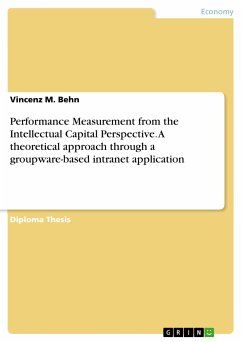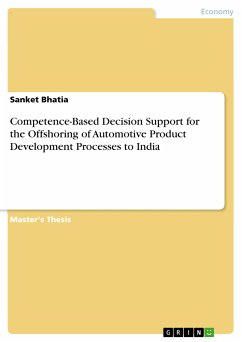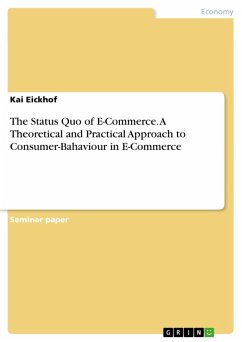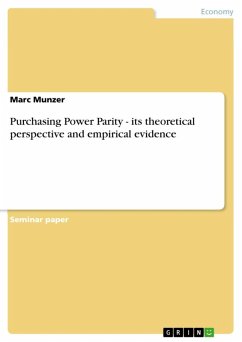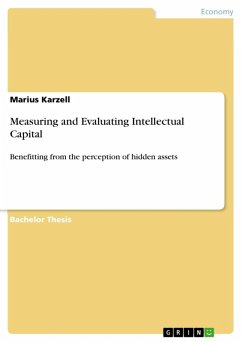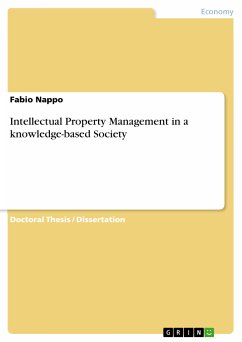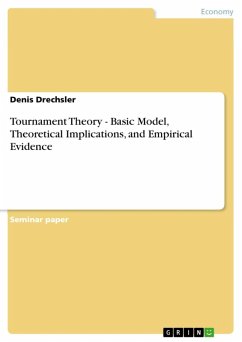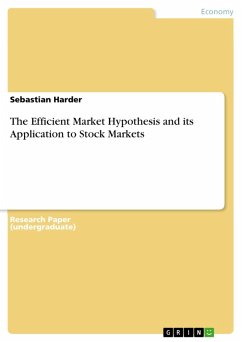Diploma Thesis from the year 2000 in the subject Leadership and Human Resources - Miscellaneous, grade: 1 (A), University of Paderborn (Institute for Economics), course: International Business Studies, language: English, abstract: Introduction The transformation from the industrial age to the information age(1) or knowledge society(2) represents a time of great change for business organizations as well as for individuals. Service industries replace manufacturing industries and the traditional factors of production: land, labor, and capital are replaced by intellectual assets as the scarce resources. "If there is one distinguishing feature of the new economy that has developed as a result of powerful forces such as global competition, it is the ascendancy of intellectual capital."(3) Intellectual capital (IC) and its measurement is the main topic of this research project. The declining importance of physical assets as well as the quest for shareholder value creation have made the performance evaluation of companies that used to be solely based on financial figures inadequate. For information age companies it is essential to value performance beyond quantitative measures.(4) Practitioners like Security Exchange Commissioner (SEC) Steven Wallmann as well as academics like New York University's Stern School of Business accounting professor Baruch Lev stress the current accounting model's bias towards physical assets and emphasize the necessity of incorporating non-financial measures to evaluate organizational performance.(5) The Balanced Scorecard (BSC) is a performance management and measurement system that fulfills this criterion. In addition to the traditional Financial Perspective, the BSC measures performance from the Customer Perspective, the Internal Business Process Perspective, and the Learning and Growth Perspective, thereby functioning as a tool to navigate businesses in a competitive environment that is growing more and more complex. The aim of the thesis is to illustrate how the BSC can be used as a strategic management system that places a strong focus on IC and its measurement. Furthermore, it will be analyzed how information technology (IT) can be used to facilitate a BSC and its implementation. [...] ______ 1 Stewart (1997): p. 3 2 Drucker (1996): p. 67 3 Bontis (1998): p. 64 4 Eccles (1991): p. 131 5 Lev (1997): p. 1; Wallman (1997): p. 104
Dieser Download kann aus rechtlichen Gründen nur mit Rechnungsadresse in A, B, BG, CY, CZ, D, DK, EW, E, FIN, F, GR, HR, H, IRL, I, LT, L, LR, M, NL, PL, P, R, S, SLO, SK ausgeliefert werden.

